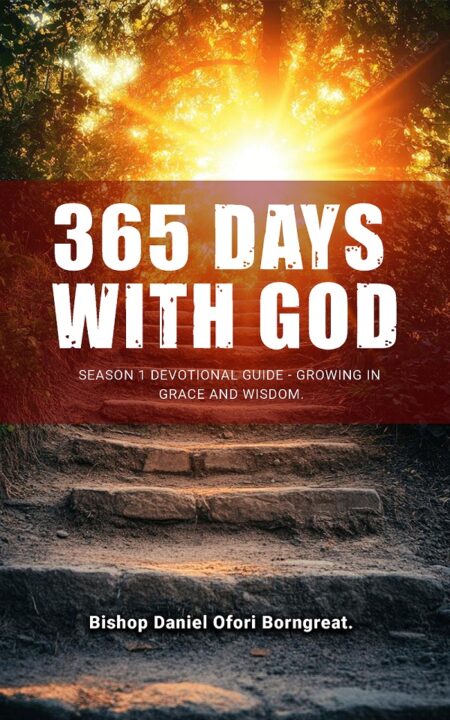Personal Finance Basics: Building a Strong Financial Foundation
Managing personal finances is essential for achieving financial stability and long-term success. Here’s a breakdown of the key basics to get you started:
1. Understanding Income, Expenses, and Budgeting
Your income is the money you earn (e.g., salary, business profits, or side hustles). Expenses are what you spend on essentials (like rent or groceries) and non-essentials (like entertainment). Budgeting is the practice of balancing income and expenses to avoid overspending.
What You Can Do:
• List your income sources and all expenses (fixed and variable).
• Ensure your expenses don’t exceed your income.
Example: If you earn $3,000 monthly, aim to allocate portions to savings, bills, and discretionary spending.
2. How to Create and Stick to a Monthly Budget
A budget ensures that you plan your spending and saving intentionally. The 50/30/20 rule is a simple method:
• 50% for needs (housing, food, bills).
• 30% for wants (entertainment, shopping).
• 20% for savings or debt repayment.
What You Can Do:
• Use budgeting apps like Mint or YNAB to track and manage expenses.
• Review your budget weekly to stay on track.
3. The Importance of Tracking Your Spending Habits
Tracking your spending helps identify unnecessary expenses and opportunities to save.
What You Can Do:
• Keep a daily log of purchases.
• Review your bank and credit card statements monthly to spot patterns.
Example: You might notice you’re spending $200 monthly on coffee and decide to make it at home to save.
4. Differentiating Between Needs and Wants
Understanding the difference between needs and wants prevents impulse spending.
• Needs: Essentials like housing, utilities, groceries, and healthcare.
• Wants: Non-essentials like dining out, streaming services, or luxury items.
What You Can Do:
• Before making a purchase, ask, “Do I need this, or do I just want it?”
• Prioritize needs in your budget and allocate a smaller amount for wants.
5. Building an Emergency Fund for Financial Security
An emergency fund protects you from unexpected expenses, like medical bills or car repairs. Experts recommend saving 3–6 months’ worth of essential expenses.
What You Can Do:
• Start small by saving $500–$1,000 for emergencies.
• Automate savings by setting up a recurring transfer to a separate account.
Example: If your monthly expenses are $2,000, aim to save $6,000–$12,000 over time.
Final Thoughts
Mastering personal finance basics is about creating habits that lead to financial security. By understanding your income and expenses, budgeting effectively, tracking your spending, distinguishing between needs and wants, and building an emergency fund, you can achieve financial stability and peace of mind. Start small, stay consistent, and watch your finances improve!
-

Jesus Paid It All: Exploring The Nature of Christ’s Sacrifice
0Price range: ₵200.00 through ₵250.00In Jesus Paid It All, Daniel explores the profound and priceless sacrifice of Christ, presenting it as the ultimate model of selflessness and compassion.



